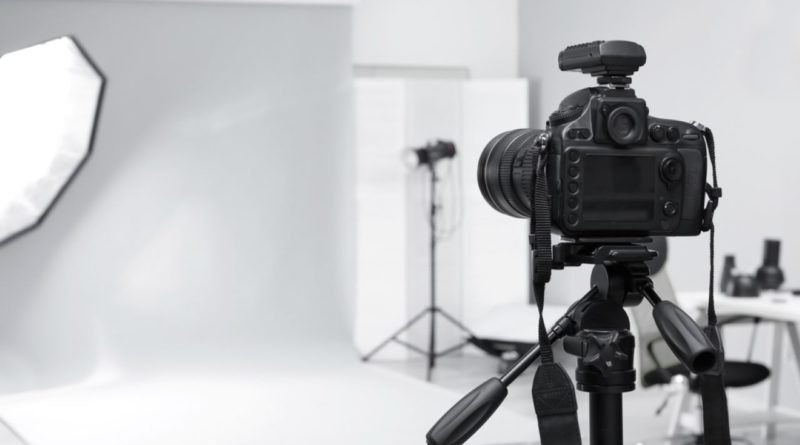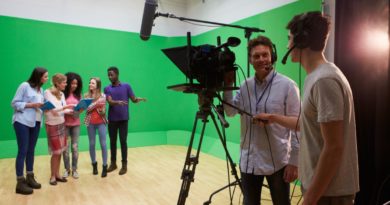Photography Courses: Become a Photographer
Considering a Photography Course?
If you want to learn more about the art of photography, it is an excellent idea to do a photography course. A photography course will teach you everything you need to know to work as a photographer and to be successful. The job allows you to get creative and can be lots of fun. The good news is there are tons of photography courses currently available. They offer good flexibility too for those of us leading busy lives. Photography courses are available in both full-time and part-time options.
A History of Photography
Photograph has come a very long way. In almost 200 years, the camera has developed from a plain box that captured blurry images to the high-tech mini computers found in today’s smartphones and DSLRs. The basic concept of photography has been around since the 5th century.
However, it was not until an Iraqi scientist developed what is known as the camera obscura in the 11th century that photography was born as an art form. Even then, the camera did not record images rather it projected them onto another surface. The images were also upside down. Although they could be traced to create actual drawings, it was not where it needed to be just yet.
It was not until the 17th century that the camera obscura became small enough to be portable and basic lenses were introduced around this time also. Photography as we know it today, began in the late 1830s in France. Joseph Nicéphore Niépce used a portable camera obscura to expose a pewter plate coated with bitumen to light.
This is the first recorded image that did not fade very quickly. His success led to a number of other experiments and photography progressed rapidly from here. Types of photography that followed were daguerreotypes, emulsion plates and wet plates which were developed in the mid to late 1800s.
Photographers experimented with different chemicals and techniques bringing what we know today as modern photography. After daguerreotypes, emulsion plates and wet plates, photography became accessible to everyone with the emergence of the company Kodak by George Eastham.
He created a flexible roll film that did not require constant switching out of the solid plates. This allowed him to create a self-contained box camera that held 100 film exposures. This camera had a short lens with no focusing adjustments. With this camera, the consumer would capture images and send the camera back to the factory for the images to be developed, much like the modern disposable cameras.
From this point, the likes of the polaroid camera and other experimentations took place. In the 1950s, Nikon introduced its SLR type camera which are the cameras we know today and use for photography. Image quality improved massively and more tools for cameras are currently available.
What Will I Learn?
You can expect to learn about shutter speeds, aperture and depth of field, ISO and white balance, exposure and your light meter. Also, focus points and focusing, your camera settings, RAW and JPEG and a variety of different styles of photography. You will learn about the historical and contemporary world of photography, long exposure and light painting techniques and composition techniques and understanding images.
You will also gain an understanding of camera equipment such as lenses, tripods, filters and various other accessories. You will also learn how to edit your photographs in terms of cropping, resizing, exposure, how to make the image black and white, conversion and much more. Some courses may cover even more than this, it all depends on the specific course; however, these are the basic modules you can expect.
Career Progression
Depending on what kind of photography course you decide to do, you can progress by doing a higher course such as a third level degree. You should really consider this if you are serious about photography as it will enhance your CV and help greatly when job hunting.
If you are serious about doing a photography course, check out courses near you in the Nightcourses.co.uk national course finder.




